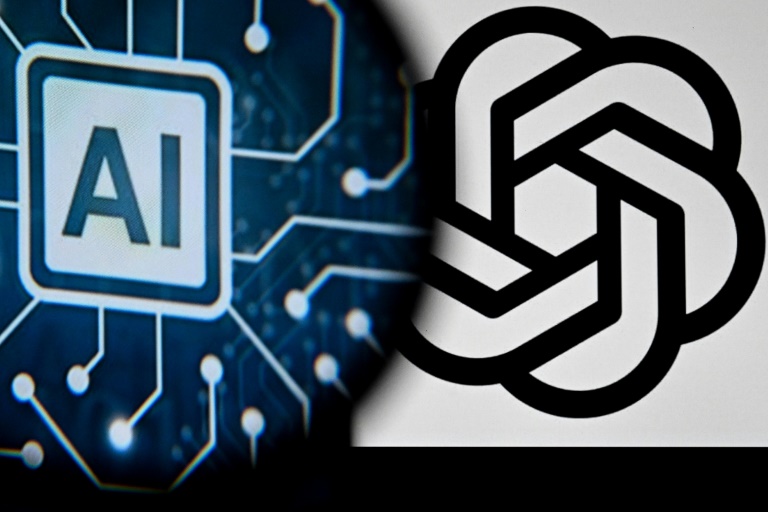
Cosmology: Inflation
Inflation is an important cosmological concept describing the exponential expansion of the universe a few moments after the Big Bang. This expansion lasted for an incredibly short time span, between 10-36 seconds and 10-33 seconds, and today’s universe is the result of this catalytic, primordial growth.
What is inflation?
Inflation is a theory developed in the 1980s, positing that the universe underwent an extremely rapid expansion in a very short time frame. This process is distinct from the universe’s continuous, current expansion, which has been observed since the 1920s. Inflation is believed to create the observed structures in the universe – stars, galaxies, superclusters – from the nearly homogeneous, uniform substance from which the universe began from.
Explaining inflation
Inflation is explained by the cosmological principle, a pillar of modern cosmology, which states that the universe is isomorphic, meaning that the universe looks the same from any observer’s point of view. This implies uniformity, which implies inflation, as previously mentioned. Moreover, the phenomena is explained by quantum physics, postulating a space-time foam that connected infinitely small points, like grains of sand. These points provided the universe with its exponentially inflationary state.
Importance of inflation
Inflation is vitally important to cosmology and understanding of the universe, as it explains the observed homogeneity of the universe, as well as the aforementioned structures of stars, galaxies, and superclusters. Inflation offers a neat solution to the flatness of the universe, as loose particles and substrates are compressed exponentially without losing homogeneity. Moreover, inflation serves as a powerful means of investigating the Big Bang and its effects on the contemporary universe, making it a keystone of modern cosmological research.
Conclusion
Inflation is an important concept in cosmology, characterizing the rapid expansion of the young universe, and offering an explanation for the observed structures and homogeneity. Inflation is explained by the cosmological principle and quantum mechanics, and offers powerful means of studying the universe before its current form.
Key Points
- Inflation is an exponential expansion of the universe in its infancy
- It is distinct from the universe’s continuous expansion
- Explained by the cosmological principle and quantum mechanics
- Studies the big bang and the origin of the universe’s structure
The field of cosmology is devoted to understanding the nature of the universe as a whole. As cosmologists continue to study our universe and its origins, one of the hottest topics is that of inflation. Inflation theory is a cosmological model that suggests that a brief and rapid expansion in the early stages of the universe’s life set the groundwork for the universe that we know today.
Inflation theory helps to explain why the universe is large, flat, and uniform. During the inflationary process, it is argued that the universe expanded rapidly in size by a factor of about 10^50. This was a staggering growth spurt and would have resulted in the universe as we know it today. Physicist and Nobel Laureate Alan Guth is credited with first proposing this theory in 1980.
The idea of inflating the universe is not without its challenges and some aspects of the theory remain controversial. Cosmologists continue to run simulations of the earliest stages of the universe in order to better understand the processes that took place.
Inflation theory has been used to help explain the concept of cosmic inflation, which suggests that the universe is continuously expanding at an accelerating rate. Inflation naturally follows from the theory of general relativity and is supported by observations of the universe at large.
In recent years, cosmologists have combined inflation theory with theories of dark matter and dark energy in order to explain the universe’s current form and structure. Through the observations of galactic rotation curves, the cosmic microwave background, and supernova studies, scientists are gaining more insight into the mechanisms at work in the universe.
Inflation theory is an area of cosmology that is constantly evolving and being studied by researchers. As technology advances and more information about the universe’s origin is discovered, cosmologists can continue to build and refine their models of the universe.





















